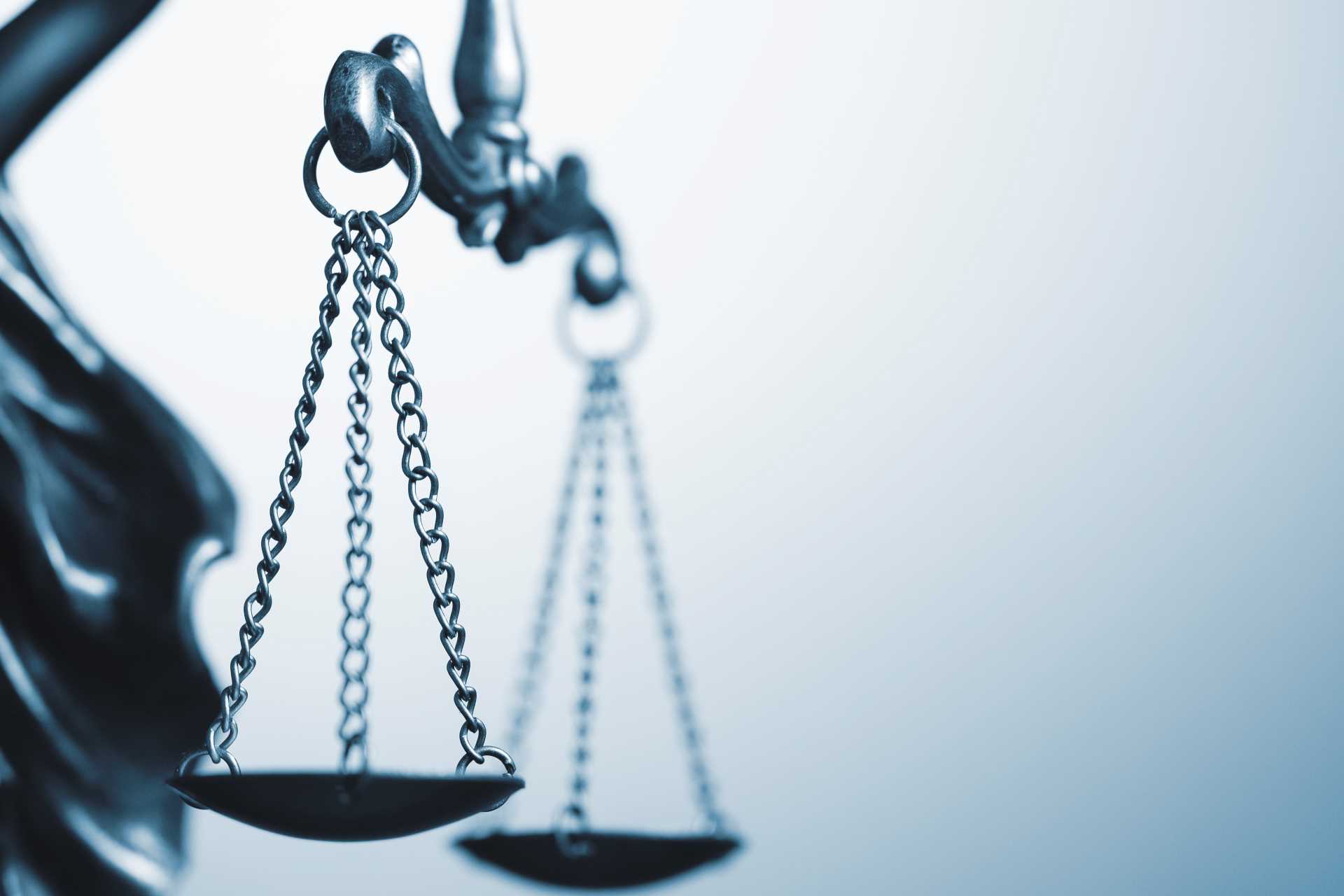General Protections Claim – Key Information for Employers
General protections claim applications are a growing cause for concern for business leaders and employers, and have been in increasing numbers. In the 2021-22 annual Access to Justice report by the Fair Work Commission (FWC), it was reported 5,010 general protections claims were made regarding dismissal and 1,305 ‘other’ general protections claims were lodged. Further, general protections claims were the second most common claim by employees after unfair dismissal claims (Fair Work Commission, 2022).
General protections claims can be the most dangerous and problematic cases to defend. Should an employer or manager be unaware of their employee’s general protections and unknowingly be in breach of these, they are placing themselves and the business at significant financial risk.
Employees have jurisdiction to submit a general protections’ claim against their employer, regardless of whether they are in a probationary period, fixed term contract or other employment arrangement.
In this article, we aim to educate business leaders on what general protections are and how to mitigate the risks to their businesses.
General Protections Claim – Legislative Background
The Fair Work Act 2009 (Cth) (“the Act”) provides Australia a national workplace relations system that sets out the minimum standards and conditions for employees and provides a legal framework for employment relations for most workplaces. Part of this legislation includes general workplace protections for all employees within its coverage.
General workplace protections prohibit certain persons (including employers, principals, employees, and industrial associations) from taking adverse action against other people (commonly employees) because the other person has or exercises a workplace right, or they engage in industrial activity.
Employers must not take adverse action against another person, for the following reasons,
- Because the other person:
-
- (i) has a workplace right; or
- (ii) has, or has not, exercised a workplace right; or
- (iii) proposes or proposes not to, or has at any time proposed or proposed not to, exercise a workplace right; or
- To prevent the exercise of a workplace right by the other person.
Additionally, a person must not take adverse action against another person (the second person) due to a third person’s actions in exercising or proposing to exercise a workplace right for the second person’s benefit (s.340[1]).
A person has a workplace right if the person:
- (a) is entitled to the benefit of, or has a role or responsibility under, a workplace law, workplace instrument or order made by an industrial body; or
- (b) is able to initiate, or participate in, a process or proceedings under a workplace law or workplace instrument; or
- (c) is able to make a complaint or inquiry:
- (i) to a person or body having the capacity under a workplace law to seek compliance with that law or a workplace instrument; or
- (ii) if the person is an employee—in relation to his or her employment (s.341[1])..
The Act also protects certain rights in addition to workplace rights, these include:
- the right to engage in industrial activities.
- the right to be free from unlawful discrimination.
- the right to be free from undue influence or pressure in negotiating individual arrangements.
Examples of Adverse Action (s.342)
An employer cannot act in the following manner as a response to an employee proposing to or exercising a workplace right:
- dismiss the employee; or
- injure the employee in his or her employment; or
- alter the position of the employee to the employee’s prejudice; or
- discriminates between the employee and other employees of the employer.
- refuse to employ a prospective employee or discriminate against them in the terms or conditions on which the prospective employer offers to employ the prospective employee.
The Role of General Protections
The purpose of implementing general protections as part of the Fair Work Act 2009 (Cth) has been to protect workplace rights, protect freedom of association, provide protection from workplace discrimination, and provide effective relief for persons who have been discriminated against, victimised, or have experienced other unfair treatment (Fair Work Ombudsman, 2023b; Work Act 2009 Cth s.336)
As well as adverse action, general protections and workplace rights are protected from other unlawful actions including (but not limited to):
- coercion
- misrepresentation
- undue influence or pressure in relation to:
- individual flexibility arrangements under modern awards and enterprise agreements
- guarantees of annual earnings
- deductions from wages.
All general protections’ prohibitions are classified as civil remedy provisions. This means if breached, the person affected may apply to a Court for an order to receive financial penalty against the accused or other orders the Court considers appropriate such as an injunction (Fair Work Ombudsman, 2023a).
General Protections Contravention
Those who are in breach of the providing a person’s general protections and/or their workplace rights are considered to have committed a general protections contravention. Those who have been impacted by the contravention often submit one of two main types of applications (often referred to as ‘claims’); dispute applications during employment or dismissal applications after the employee has been dismissed.
General protections contravention liability is not limited to the employer and their Company, those who have been involved in the contravention can be held liable. A person involved in the company’s contravention can include:
- a company director,
- a human resources manager or other manager,
- an accountant, or
- a business involved in the supply chain (Fair Work Ombudsman, 2023c).
A contravention is considered ‘serious’ when the court finds that:
- the person or Company knew they were contravening an obligation under workplace laws, or
- the contravention was part of a systematic pattern of conduct affecting one or more people.
Court Proceedings
It is important for employers and business owners to be aware that general protections have a reverse onus of proof. This means that the complainant can allege a breach of workplace rights or protections, and the employer is required to prove this is not the case.
If litigation in Court is successful, the court may impose orders against a person found to have done the wrong thing. Those court orders may ask the following of the Company or individual at fault:
- Pay an amount of money as a penalty.
- An individual may be ordered to pay up to $18,780 per contravention.
- The Company may be ordered to pay $93,900 per contravention.
- Pay a higher penalty for serious contraventions.
- An individual may be fined up to $187,800 per contravention.
- The Company may be fined up to $939,000 per contravention.
- Require an employer or other person to pay the employee their outstanding entitlements plus interest.
- Require the employer or other person to do something (i.e., provide the employee their job back or complete an audit).
- Require the employer or other person to complete training.
- Restrain the employer or other person via an injunction or interim injunction from doing something (i.e., stop discriminating against the employee).
- Pay the employee compensation for the loss suffered (Fair Work Ombudsman, 2023c).
Involvement in Contravention Is Treated as Actual Contravention
Should another person be involved in the contravention and was aware of their being in breach of the person’s workplace rights and/or general protections, they may also face higher penalties.
Tips to Avoid a General Protections Claim
Termination of Employment
- Be clear about the reasons for dismissal.
- Follow the correct procedure for the type of dismissal (i.e., redundancy, performance issues or misconduct).
- Prepare evidence and documentation to support the reason for dismissal and to rebut any claim of breaching workplace rights.
- Minimize the number of key decision makers involved at a minimum (Mamaril, 2019)
Workplace Rights
- Ensure all employee’s workplace rights are maintained.
- Allow employees to engage in industrial activities in accordance with legislation.
- Enforce anti-discrimination policies and procedures, ensuring all complaints are dealt with in accordance with legislation.
- Handle requests for individual flexibility arrangements in accordance with modern awards and enterprise agreements
- Do not influence or apply undue pressure when negotiating individual arrangements. These must be mutually agreed terms and conditions.
- Do not engage with adverse action, coercion tactics or misrepresentation.
General Protections Assistance
Employers
To assist in avoiding any such claims, we recommend engaging proactively with an HR consultant and implementing robust policies and procedures to protect your business.
At Bramwell Partners our team of HR Consultants specialize in industrial relations and ensuring compliance. If you would like to receive a free consultation and quote, please call our office on 07 3630 5695.
However, if you are an employer who has alleged contraventions of an existing or past employee’s general protection’s provision, we highly recommend you also seek the advice and support of an employment lawyer.
Employees
A person who believes they have been subject to a general protections contravention can request assistance from the Fair Work Ombudsman (FWO) by submitting an online enquiry or by calling 13 13 94.
Maintain Workplace Compliance with Bramwell Partners
As a leading HR consultant, Bramwell Partners are here to ensure you maintain employer compliance through proper management of industrial relations. If you are looking to minimise the risk of a general protections claim, get in touch with the compliance professionals today on 07 3630 5695 or fill out or online contact form and we will be in touch soon.
References
Fair Work Act 2009 (Cth)
Fair Work Commission (2022). Annual Report: Access to Justice 2021-22. Pg.22. Fair Work Commission. Retrieved 02 August 2023, from https://www.fwc.gov.au/sites/default/files/2022-10/fwc-annual-report-2021-22.pdf
Fair Work Ombudsman (2023a). Protections at work. Fair Work Ombudsman. Retrieved 02 August 2023, from https://www.fairwork.gov.au/tools-and-resources/fact-sheets/rights-and-obligations/protections-at-work
Fair Work Ombudsman (2023b). What are the general protections?. Fair Work Ombudsman. Retrieved 02 August 2023, from https://www.fwc.gov.au/what-are-general-protections
Fair Work Ombudsman (2023c). Litigation. Fair Work Ombudsman. Retrieved 02 August 2023, from https://www.fairwork.gov.au/about-us/compliance-and-enforcement/litigation
Mamaril, J (2019). What is General Protections Claim? And How to Deal With Them. NB Lawyers. Retrieved 02 August 2023, from https://www.youtube.com/watch?v=ryW2aMv5p-E







